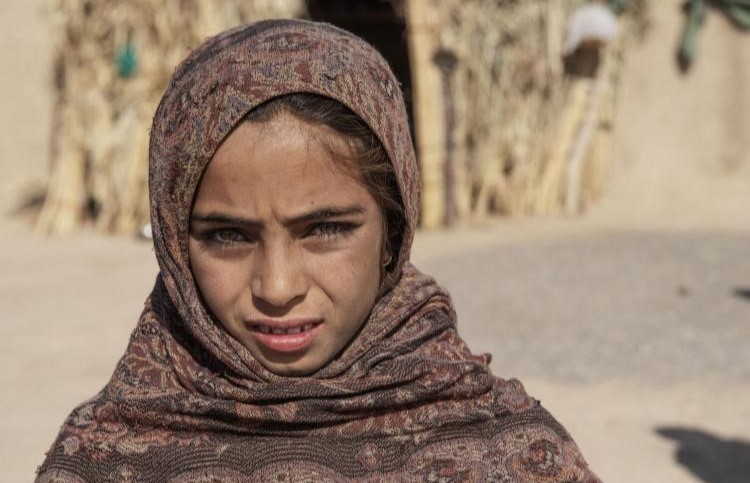The Diplomat
The Council of Ministers yesterday authorized new voluntary contributions to international organizations, programs and funds and other international entities for an amount of more than 5.2 million euros, almost half of which will go to UNICEF programs in Ukraine and Afghanistan.
Specifically, Spain will contribute 2,500,000 euros to UNICEF for the project Humanitarian Contexts Ukraine and Afghanistan. According to the Government, “the Russian aggression represents a threat to the lives and well-being of the 7.5 million children living in Ukraine who are severely traumatized by the violence they see around them”. According to the UN, more than 1,000 children have been killed or injured, “but the actual number of child casualties is likely to be much higher.”
In the case of Afghanistan, the Girls’ Access to Teacher Education (GATE) program offers two-year scholarships to female teacher candidates and has expanded the number of female teachers in schools. The Accelerated Learning Program (ALC) offers courses specifically designed for adolescent girls and young women whose educational opportunities were disrupted due to conflict, distance to school, lack of female teachers, or lack of learning materials and supplies.
In addition, the Government has authorized a contribution of over 1.7 million to the World Food Program (WFP) for the Grain From Ukraine initiative. According to WFP data, the number of acutely food insecure people has increased from 145 million in 2019 to 349 million people in 2022. For that reason, the Minister of Foreign Affairs, José Manuel Albares, announced last November 26 a contribution of 2,700,000 euros to the Grains From Ukraine initiative, a figure that is in addition to the Food Emergency Shock Plan endowed with 12.7 million euros (10 million coming from AECID).
The voluntary contributions include an allocation of one million euros to the United Nations for the United Nations Young Professional Officers (JPO) program, which is committed to training young professionals in the management of international relations in the multilateral sphere and as a path towards their eventual permanent recruitment by the United Nations system.
The JPO program aims both to contribute to the work of the United Nations Secretariat General with a contribution of Spanish human capital and to train Spaniards in the System so that, in turn, they may improve their chances of obtaining positions of particular interest for Spain’s own external action. This contribution makes it possible to finance the unforeseen and unforeseen costs corresponding to the 24 months of the Spanish JPOs already working in their respective positions.







